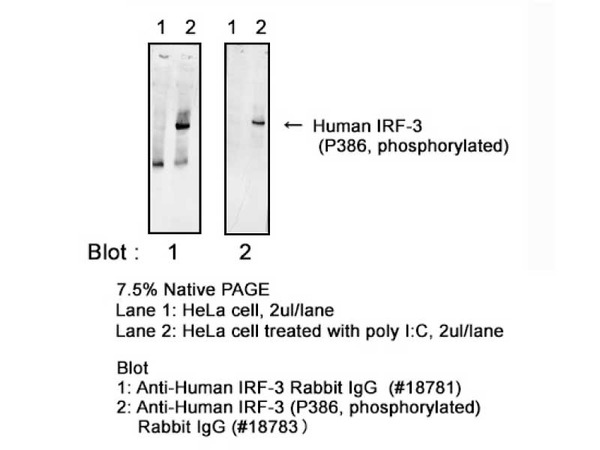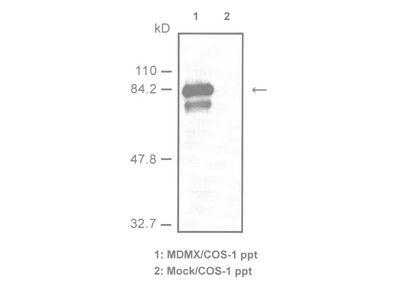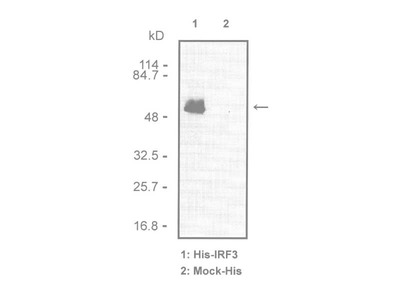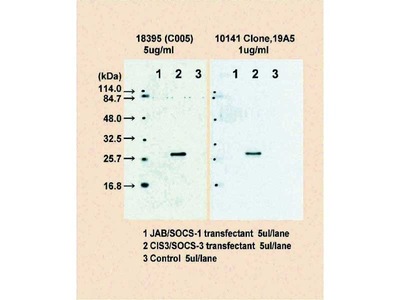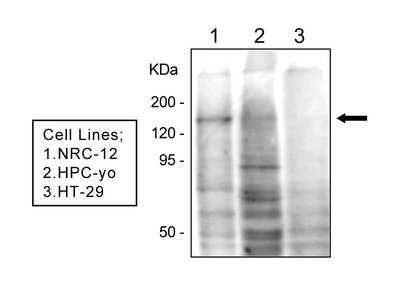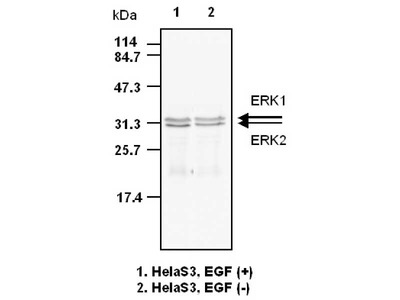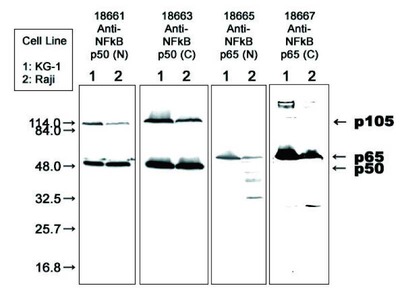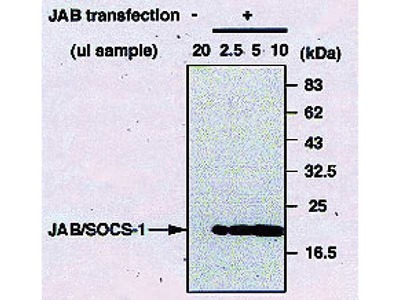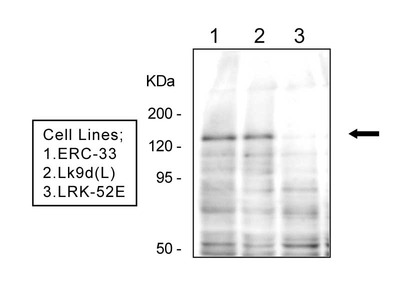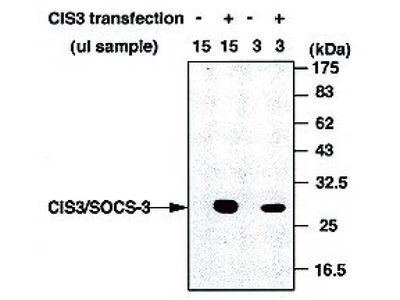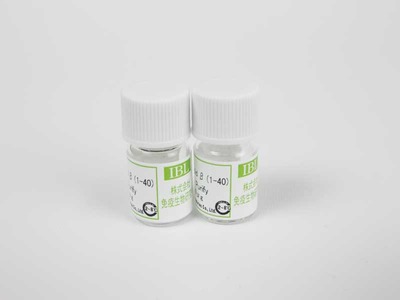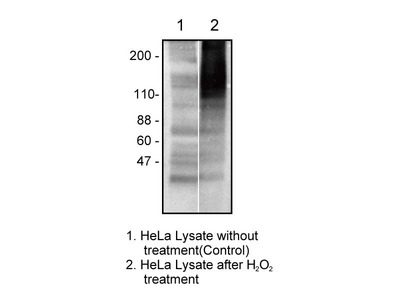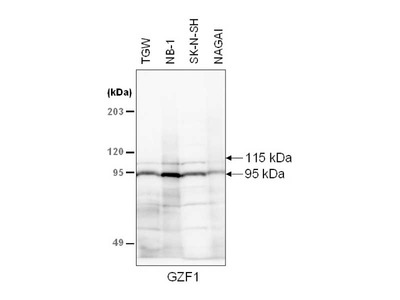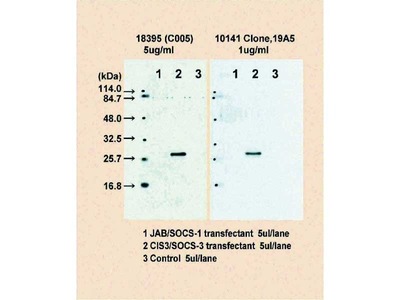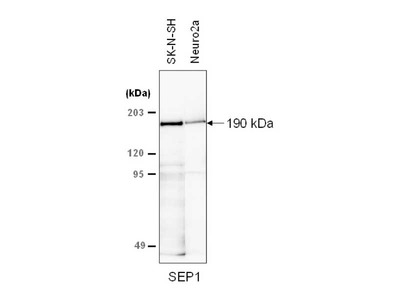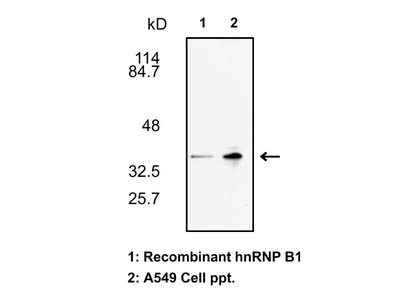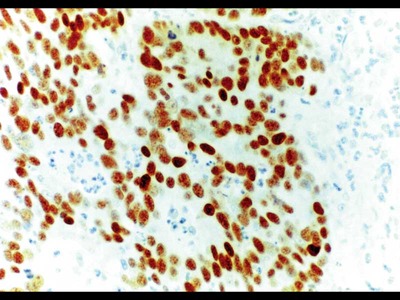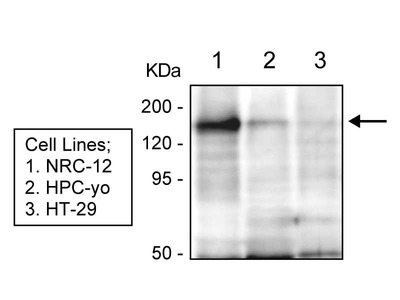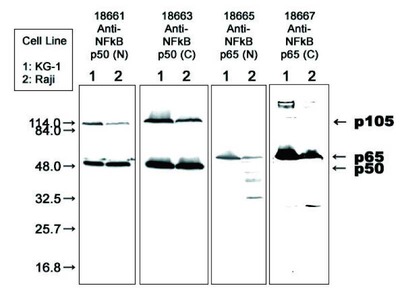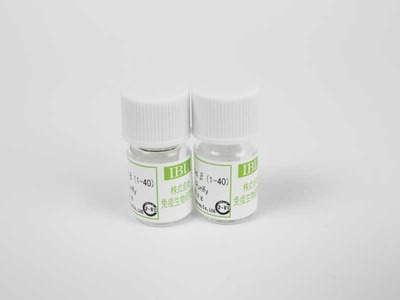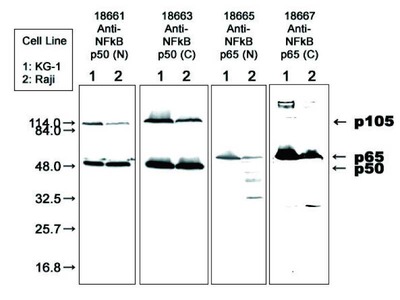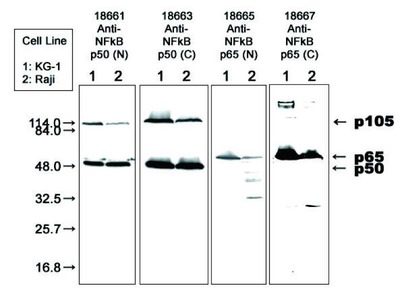- HOME >
- For Researchers >
- Product Search >
- Search Result >
- #18783 Anti-Human IRF-3 (S386 Phosphorylated) Rabbit IgG Affinity Purify
Product Search
#18783 Anti-Human IRF-3 (S386 Phosphorylated) Rabbit IgG Affinity Purify
- Intended Use:
- Research reagents
- Application:
- WB
- Package Size1:
- 100 μg
- Package Size2:
- 10 μg
- Note on Application Abbreviations
- WB:Western Blotting
※ The product indicated as "Research reagents" in the column Intended Use cannot be used
for diagnostic nor any medical purpose.
※ The datasheet listed on this page is sample only. Please refer to the datasheet
enclosed in the product purchased before use.
Product Overview
Product Overview
| Product Code | 18783 |
|---|---|
| Product Name | Anti-Human IRF-3 (S386 Phosphorylated) Rabbit IgG Affinity Purify |
| Intended Use | Research reagents |
| Application | WB |
| Species | Human |
| Immunizing antigen | Synthetic peptide of the Phosphorylated C-terminal part of human IRF-3(RVGGAS(pS)LEN) |
| Purification Method | Purified with antigen peptide |
| Package Form | Lyophilized product from 1 % BSA in PBS containing 0.05 % NaN3 |
| Storage Condition | 2 - 8℃ |
| Poisonous and Deleterious Substances | Applicable |
| Cartagena | Not Applicable |
| Package Size 1 | 100 μg |
| Package Size 2 | 10 μg |
| Remarks1 | The commercial use of products without our permission is prohibited. Please make sure to contact us and obtain permission. |
Product Description
Product Description
Interferon Regulatory Factor-3 (IRF-3) is the gene coding for a regulatory factor that mediates the action of IL-1, TNFα and LPS. It is reported that IRF-3 controls the production of interferons and chemokines in virus infected cells, by a posttranslational mechanism that involves virus induced phosphorylation, protein dimerization, cytoplasmic to nuclear translocation and stimulation of responsive genes. Furthermore, it is reported that the chemokine RANTES, an important physiological inhibitor of HIV replication, is controlled by IRF-3 activation. IRF-3 is ubiquitously expressed in its inactive form in the cytoplasm. Viral infection induces phosphorylation of the Ser 386 in IRF-3 by IRF-3 kinase (IKK-i/ε, TBK-1). This phosphorylation induces dimerization of IRF-3 and association with the coactivators CBP/p300, and the complex activates the target genes in the nucleus.
FAQ
FAQ
-
 Q.Can this antibody be used on mice samples ?
Q.Can this antibody be used on mice samples ? -
 A.No, it cannot.
A.No, it cannot.

